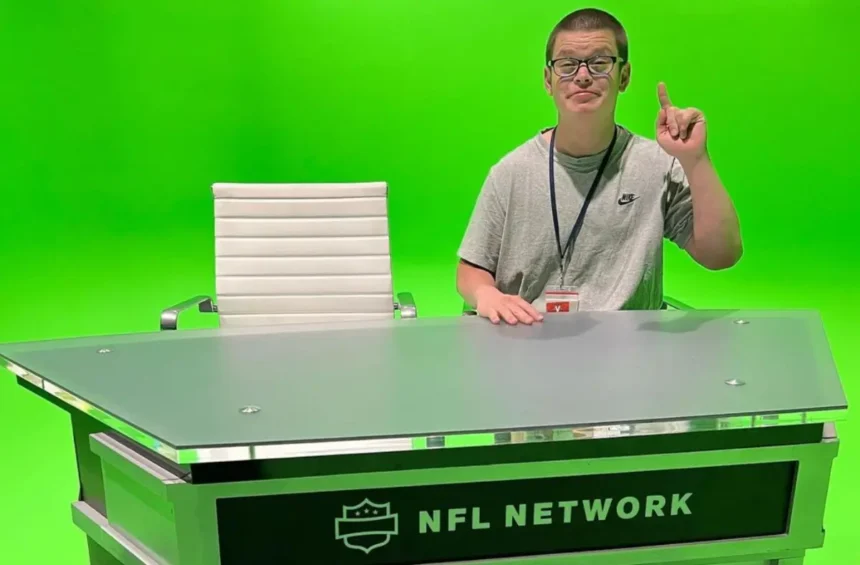Introduction to Whats Up Brother
Have you ever noticed how a simple phrase can ripple through society, altering our conversations and perceptions? “Whats Up Brother” is one such expression. It might seem casual, but its implications run deep. From the streets to social media platforms, this greeting transcends mere words; it represents connections, camaraderie, and evolving gender dynamics.
As we explore the roots and significance of “Whats Up Brother,” we’ll unveil how these three small words have impacted relationships and reshaped societal norms. Join us on this journey as we delve into their history and discover their transformative potential in today’s world.
The History and Evolution of
“Whats Up Brother” has roots that stretch back decades. It began as a casual greeting among friends, often exchanged in social settings.
Over time, this phrase found its way into popular culture through movies and music. Its playful nature made it an instant hit, resonating with diverse audiences.
As society evolved, so did the context of the phrase. It transitioned from simple camaraderie to embodying deeper connections between individuals across various backgrounds.
In today’s world, “Whats Up Brother” serves more than just a friendly hello. It’s become a symbol of unity and acceptance within communities striving for inclusivity.
This evolution reflects changing attitudes toward relationships and communication styles in our fast-paced environment. The phrase continues to adapt while maintaining its core essence—a bridge linking people together regardless of their differences.
The Impact on Gender Roles
“Whats Up Brother” serves as a casual greeting that transcends traditional gender roles. This phrase breaks down barriers by promoting inclusivity among all individuals.
Historically, communication styles have often been rigidly defined by gender. Men were expected to maintain stoicism while women expressed emotions. However, this phrase fosters camaraderie and allows for vulnerability in conversations among friends, regardless of their gender.
Its widespread use encourages men to connect more openly with each other. This shift helps dismantle the stigma surrounding emotional expression in male relationships.
Moreover, it promotes an environment where women feel welcomed and included in discussions. The simplicity of “Whats Up Brother” invites everyone to engage without reservations.
This subtle yet powerful phrase is reshaping how we perceive friendships and interactions across genders. It reflects a changing society that values connection over conformity.
Breaking Down Stereotypes and Building Bridges
The phrase “Whats Up Brother” serves as a bridge connecting people from various backgrounds. It invites conversation, fostering an atmosphere of openness.
Using this simple greeting can dismantle preconceived notions about gender and camaraderie. The casual tone encourages individuals to engage without the weight of societal expectations.
When someone hears it, they often feel an immediate sense of inclusion. This feeling transcends traditional boundaries, allowing for genuine connections that might not have occurred otherwise.
Men and women alike find common ground in its familiarity, creating spaces where vulnerability is welcomed rather than shunned. Instead of reinforcing stereotypes, it champions authenticity and understanding among peers.
By embracing such phrases in everyday interactions, we pave the way for richer relationships built on respect and shared experiences. Every “Brother” spoken contributes to a culture that values diversity over division.
Changing the Meaning of Brotherhood
The phrase “Whats Up Brother” has transcended its casual origins. It now embodies a deeper connection among individuals, regardless of gender or background.
Traditionally, brotherhood implied camaraderie among men. Today, that definition is shifting. The term embraces inclusivity and invites everyone to join the conversation.
Young people are leading this change. They use language to redefine relationships, breaking down traditional barriers. This newfound openness fosters genuine connections across diverse communities.
More than just a greeting, it symbolizes support and solidarity in an increasingly fragmented world. When someone says “Whats Up Brother,” they acknowledge shared experiences and common goals.
This simple phrase promotes unity while challenging outdated notions of masculinity. It encourages vulnerability and emotional expression—qualities often seen as weaknesses in the past but are now celebrated as strengths within many social circles.
Conclusion: Embracing Diversity Through Simple Phrases
Language has the power to shape our interactions and perceptions. Phrases like “Whats Up Brother” may seem casual, but they carry significant weight in modern society. They foster a sense of camaraderie while also promoting inclusivity.
This simple greeting transcends traditional boundaries. It builds connections among diverse groups, encouraging conversations that might not happen otherwise. By embracing phrases like these, we cultivate a culture where everyone feels welcome.
As we navigate through life’s complexities, it’s vital to recognize how language can unite us. Simple expressions have the potential to break down barriers and foster understanding across different communities. When we say “Whats Up Brother,” we’re not just exchanging greetings; we’re inviting collaboration and celebrating diversity.
In this ever-evolving landscape of communication, let’s continue exploring how small phrases can lead to significant change. Embracing such language fosters an environment rich with respect and solidarity—a step toward building a more inclusive world for all.






